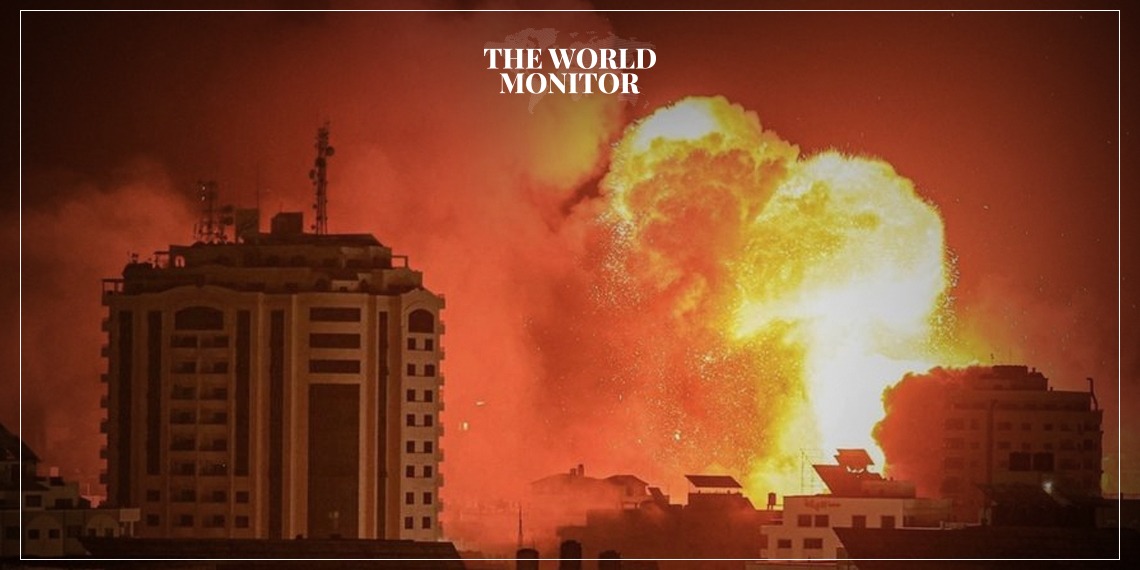The ruling Justice and Development Party in Turkey has made a significant move by announcing that Turkish lawyers will present approximately 3,000 complaints to the International Criminal Court (ICC). These complaints accuse Israel of committing crimes in Gaza, a major point of international contention. This announcement, reported by the Turkish channel Haber Global, emphasizes the escalating legal battles over actions in the Gaza Strip.
This legal action is not just a stand-alone event. It represents the latest in a series of international responses to the ongoing conflict in Gaza. In recent years, the situation in Gaza has seen various international actors express concern and condemnation over the actions taken by Israel. This has led to a heightened focus on the region within international legal forums.
The complaints, as articulated by the Turkish lawyers, center on allegations of war crimes and genocide, as reported by multiple sources such as Al Mayadeen English and Turkish Minute. These are serious charges under international law, reflecting the intense scrutiny that Israel’s actions in Gaza have attracted globally.
What’s noteworthy is the involvement of a group of lawyers representing Palestinian victims, as noted by Dnyuz.com. Their participation brings a personal dimension to these legal proceedings, as they are directly representing those who have been affected by the situation in Gaza. This personal representation could potentially influence the proceedings at the ICC, adding a layer of complexity to the legal arguments.
The legal action by Turkish lawyers is part of a broader trend where international legal institutions are increasingly being used as forums to address and resolve conflicts. This trend reflects a growing reliance on legal mechanisms and international law to manage and resolve international disputes and conflicts.
The submission of these complaints to the ICC by Turkish lawyers represents a significant development in the ongoing Gaza conflict. It highlights the role of international legal institutions in addressing such complex international issues and underscores the growing importance of legal strategies in international relations and conflict resolution






